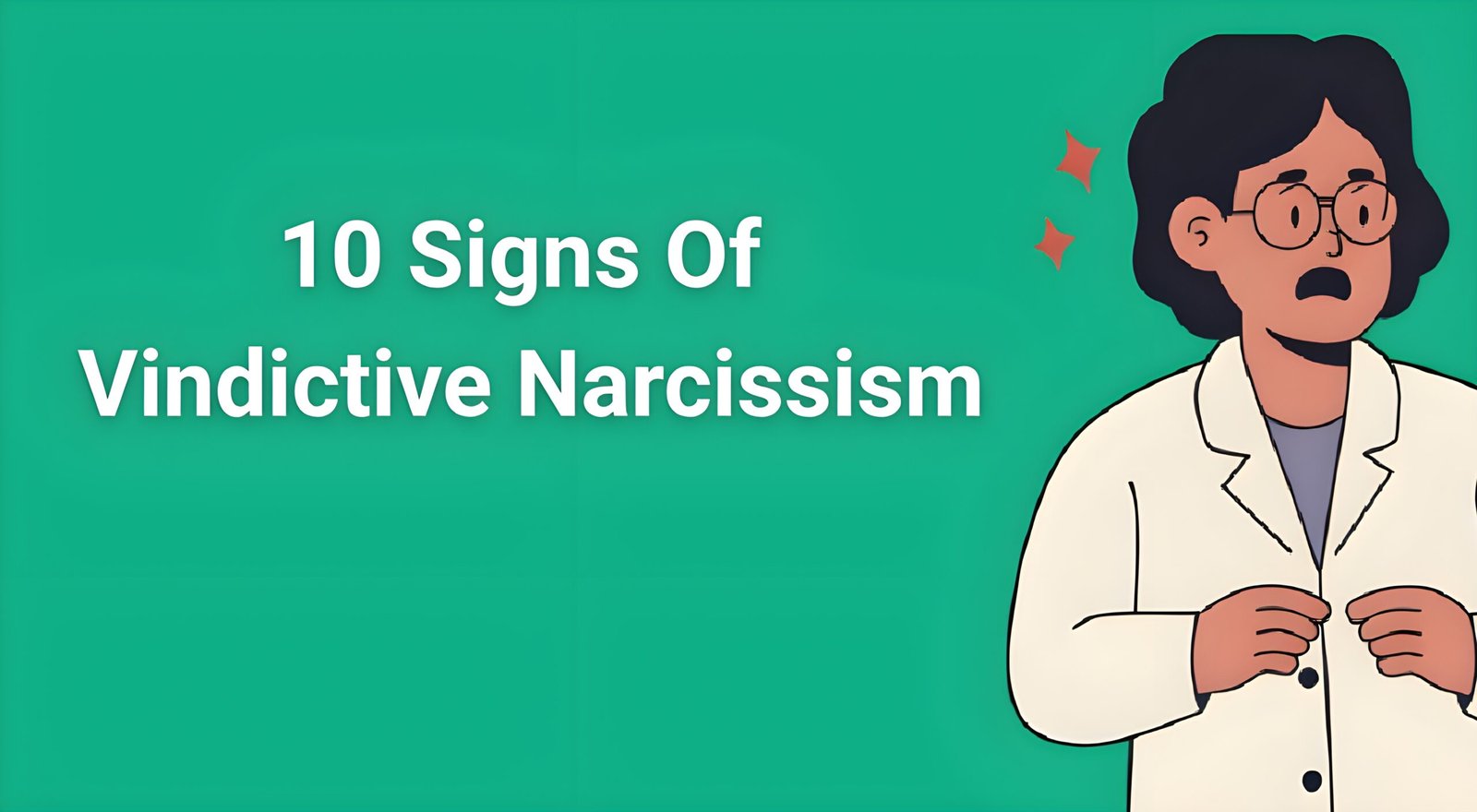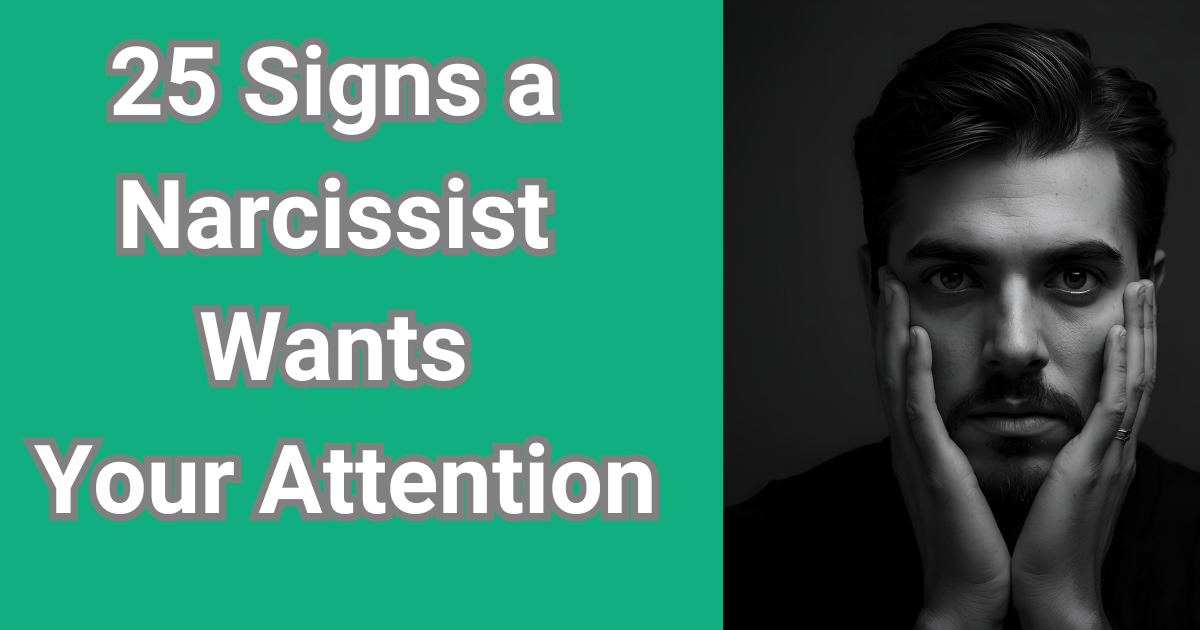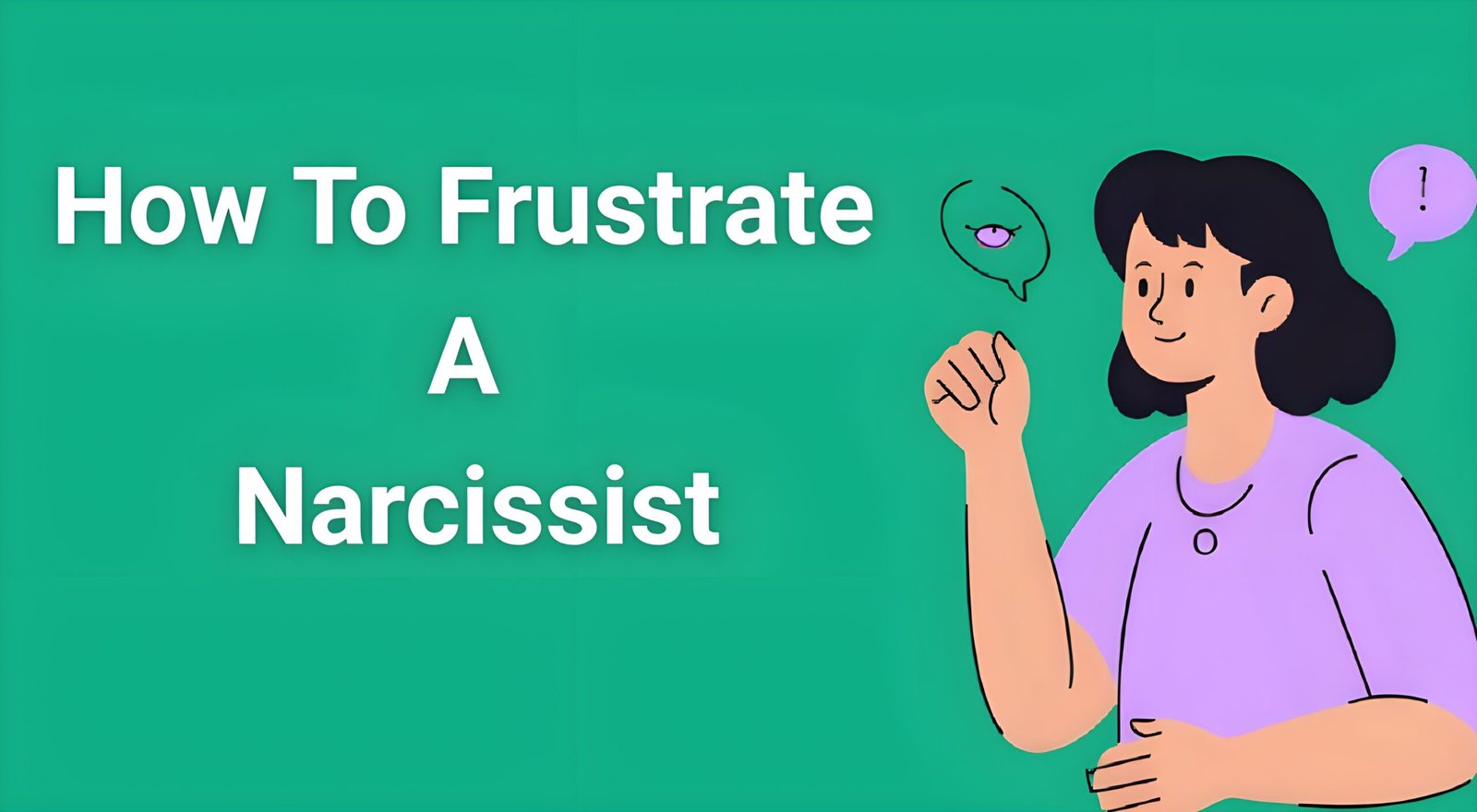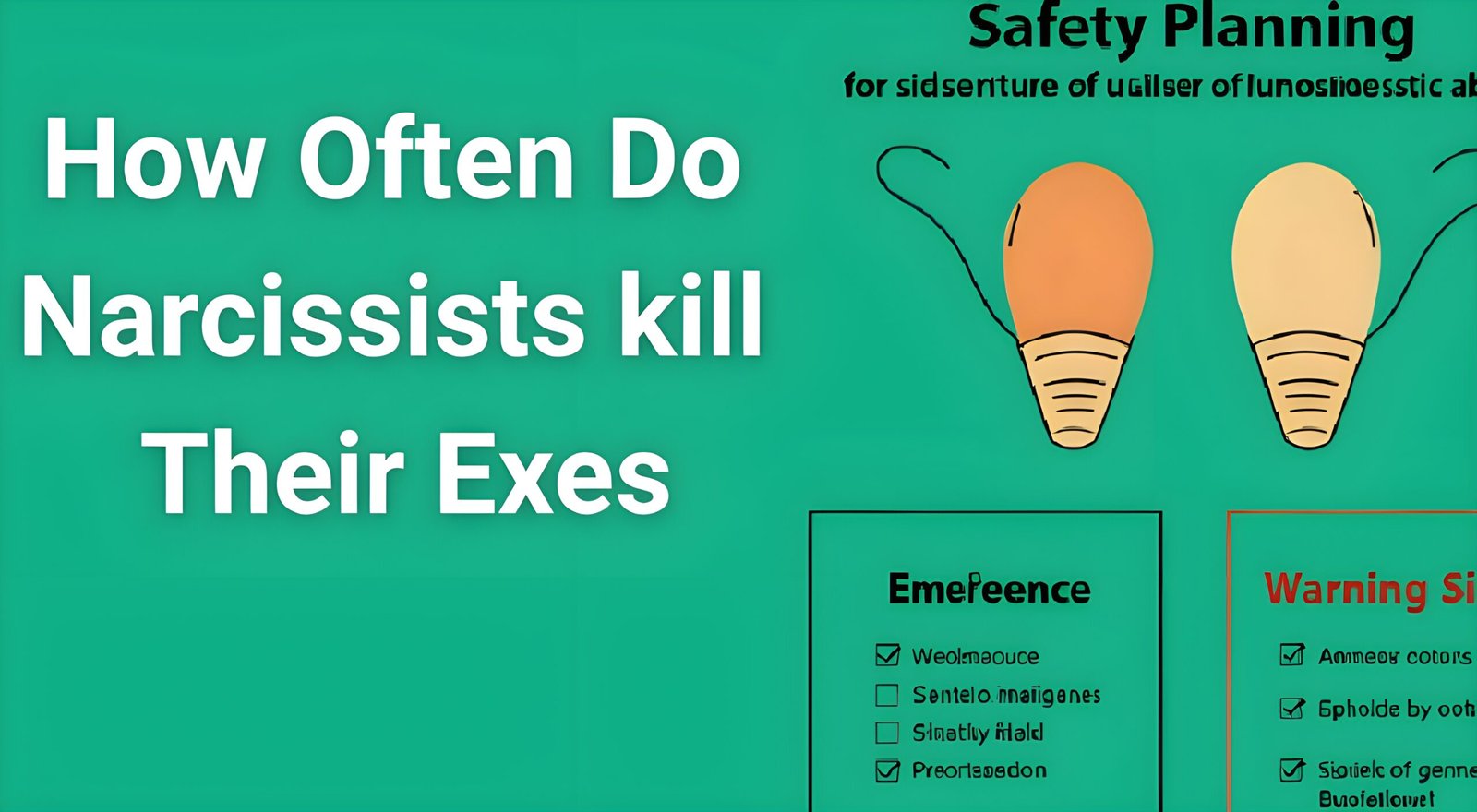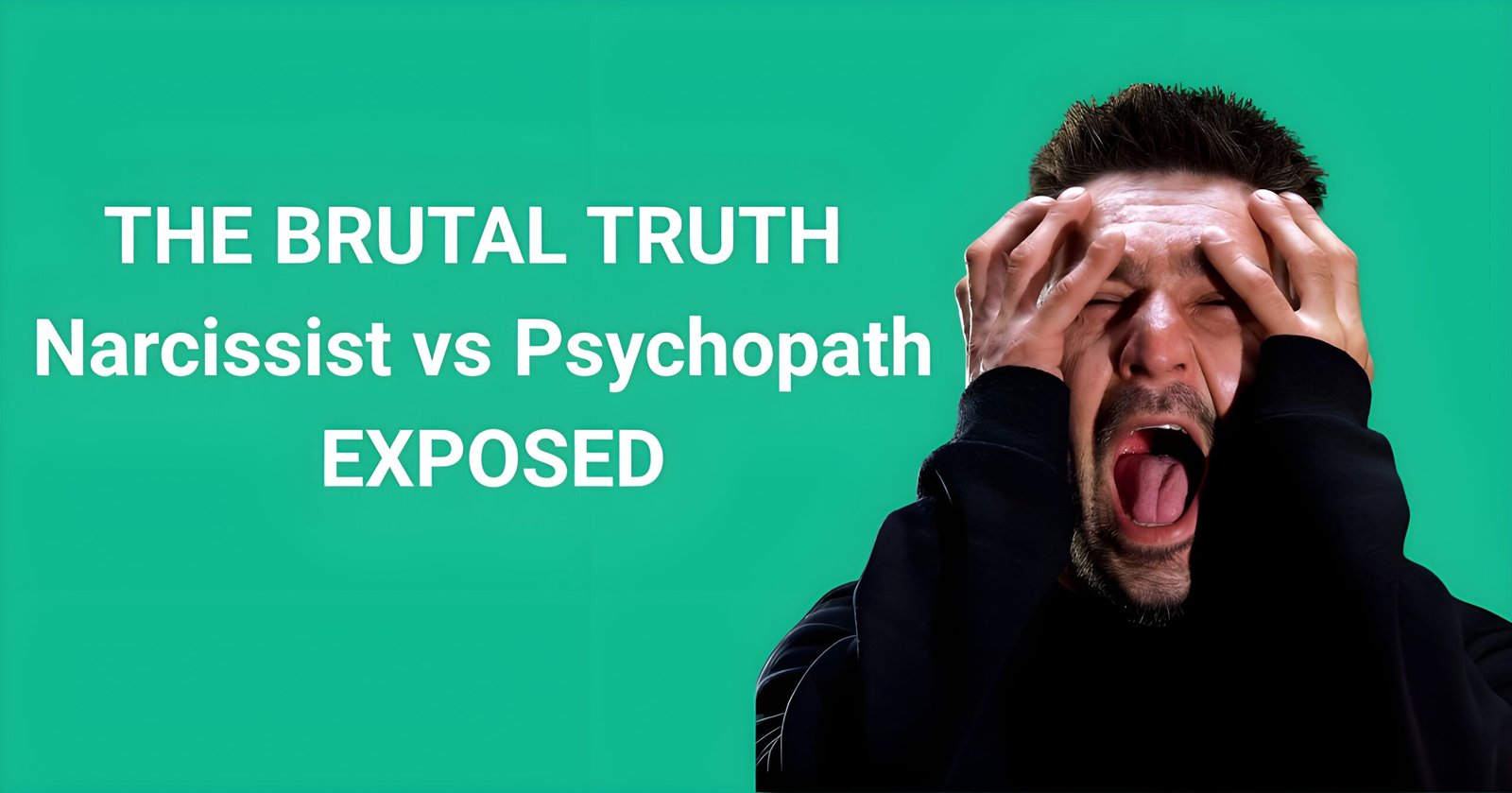That sinking feeling in your stomach when they walk into the room. The constant walking on eggshells. The way they turn your own words against you with surgical precision. If you’re experiencing the 10 signs of vindictive narcissism, you’re not imagining things—and you’re definitely not alone.
- What Makes Vindictive Narcissism Different?
- 1. They Hold Grudges Like Precious Treasures
- 2. Disproportionate Retaliation Becomes Their Specialty
- 3. Emotional Manipulation Is Their Second Language
- 4. They Sabotage Your Success and Happiness
- 5. Public Charm, Private Cruelty
- 6. They Use Your Vulnerabilities Against You
- 7. Master of the Silent Treatment and Withholding Affection
- 8. False Narratives and Reputation Destruction
- 9. Escalation When You Try to Leave
- 10. They Derive Pleasure from Your Pain
- Recognizing the Pattern: Why It Matters
- The Trauma Bond Trap
- Protection Strategies When You Can’t Leave
- Healing from Vindictive Narcissistic Abuse
- The Road to Recovery
- Frequently Asked Questions
- Final Thoughts
Unlike typical narcissists who crave admiration, vindictive narcissists thrive on revenge, control, and systematically destroying anyone who threatens their fragile ego. They don’t just want to win—they want to watch you lose, suffer, and doubt your own reality in the process.
The chilling truth? Vindictive narcissists often appear charming, reasonable, even caring to outsiders. But behind closed doors, they wage psychological warfare that can leave you questioning your sanity, your worth, and your memories.
What Makes Vindictive Narcissism Different?
While all narcissists share certain traits like grandiosity and lack of empathy, vindictive narcissists take toxic behavior to a more dangerous level. They operate from a place of chronic rage and an insatiable need for revenge against anyone who dares to challenge them, reject them, or simply exist in a way that makes them feel threatened.
Understanding these patterns isn’t just about labeling difficult people—it’s about protecting your mental health, your relationships, and sometimes even your safety. The earlier you spot these red flags, the better equipped you’ll be to set boundaries and make informed decisions about your well-being.
1. They Hold Grudges Like Precious Treasures
One of the clearest signs of vindictive narcissism is their supernatural ability to remember every perceived slight, no matter how minor or how long ago it happened. They don’t just remember these incidents—they nurture them, replay them, and use them as ammunition for future attacks.
A vindictive narcissist might bring up something you said six months ago during a completely unrelated argument. They keep mental scorecards of every time you were late, every mistake you made, every moment you didn’t meet their impossible standards. These aren’t just memories to them—they’re weapons waiting to be deployed.
What makes this particularly insidious is how they frame these grudges. They’ll present themselves as the perpetual victim, painting you as the aggressor who’s constantly wronging them. You’ll find yourself apologizing for things you barely remember doing, or worse, things you never did at all.
The emotional toll is devastating. You start censoring yourself, overthinking every word, and walking on eggshells to avoid giving them more ammunition for their ever-growing collection of grievances.
2. Disproportionate Retaliation Becomes Their Specialty
When most people feel wronged, their response tends to match the severity of the offense. Not vindictive narcissists. They respond to paper cuts like they’re life-threatening wounds, unleashing nuclear-level retaliation for minor infractions.
Forgot to text them back quickly enough? They might give you the silent treatment for days. Disagreed with them in front of others? They’ll launch a character assassination campaign that would make political operatives blush. The punishment never fits the crime because the goal isn’t justice—it’s domination and control.
This disproportionate response serves multiple purposes. It keeps you constantly afraid of their reactions, making you more likely to comply with their demands. It also feeds their need for power and control, giving them a rush of superiority when they see you scrambling to appease them.
Perhaps most importantly, it sends a message to everyone around them: “This is what happens when you cross me.” It’s psychological terrorism designed to keep you and others in line through fear.
3. Emotional Manipulation Is Their Second Language
Vindictive narcissists are masters of emotional manipulation, wielding your feelings like a puppeteer controls marionettes. They understand your vulnerabilities, your triggers, and your deepest fears—and they use this knowledge to keep you emotionally destabilized and dependent.
One of their favorite tactics is triangulation—bringing third parties into conflicts to make you feel isolated and ganged up on. They might say things like, “Even your best friend thinks you’re being unreasonable” or “Everyone at work has noticed how difficult you’ve become.” Whether these claims are true or fabricated, the goal is to make you feel alone and doubt your perceptions.
They’re also experts at emotional blackmail, using guilt, fear, and obligation to control your behavior. They might threaten to harm themselves if you try to leave, or promise to change while simultaneously making you feel guilty for “abandoning” them during their “time of need.”
The gaslighting component is particularly brutal. They’ll deny saying things they clearly said, rewrite history to make themselves look better, and convince you that your memory and perception are fundamentally flawed. Over time, you lose trust in your own experiences and become increasingly dependent on their version of reality.
4. They Sabotage Your Success and Happiness
Nothing triggers a vindictive narcissist quite like your achievements, happiness, or independence. They can’t genuinely celebrate your wins because your success feels like a personal attack on their superiority. Instead of supporting you, they become expert saboteurs.
This sabotage often starts subtle. They might “forget” to mention important information that could help you succeed, schedule conflicts during your important events, or offer backhanded compliments that diminish your achievements. “It’s great that you got promoted, but I’m worried the stress might be too much for you.”
As their vindictiveness escalates, the sabotage becomes more direct. They might spread rumors about you at work, interfere with your relationships, or even engage in outright sabotage of your projects or goals. Some vindictive narcissists have been known to access and delete important files, “accidentally” reveal confidential information, or create crises that force you to choose between them and your success.
The emotional component is equally destructive. They have an uncanny ability to ruin special moments—getting into fights right before important events, creating drama during celebrations, or finding ways to make your achievements about their suffering or sacrifice.
5. Public Charm, Private Cruelty
One of the most confusing aspects of dealing with a vindictive narcissist is their ability to present a completely different face to the outside world. In public, they’re often charming, helpful, and reasonable. They might be the colleague everyone loves, the neighbor who always helps out, or the family member who never misses a birthday.
This Jekyll and Hyde behavior serves several strategic purposes. First, it protects their reputation and makes it harder for you to seek help or be believed when you describe their behavior. When you try to explain their cruelty to others, you’re met with skepticism: “But they’re so nice! Are you sure you’re not overreacting?”
Second, it gaslights you into questioning your own experiences. When everyone else sees them as wonderful, you start wondering if you’re the problem. Maybe you are too sensitive. Maybe you are imagining things. This self-doubt is exactly what they want—it keeps you trapped and unable to trust your own perceptions.
The contrast between their public and private personas can be jarring and traumatic. The person who brought you flowers at work might be the same person who spent the evening systematically tearing down your self-esteem at home. This emotional whiplash keeps you constantly off-balance and unable to predict their behavior.
6. They Use Your Vulnerabilities Against You
Early in relationships, vindictive narcissists are exceptional listeners. They seem genuinely interested in your history, your fears, your dreams, and your past traumas. They create a false sense of intimacy that encourages you to open up and share your deepest secrets and vulnerabilities.
This information becomes their arsenal. The things you shared in confidence during vulnerable moments become weapons in their hands during conflicts. They’ll throw your past mistakes in your face, mock your insecurities, or threaten to reveal your secrets to others.
If you shared that you have abandonment issues from childhood, they’ll threaten to leave during every argument. If you confided about financial struggles, they’ll use money as a tool of control. If you opened up about body image issues, they’ll make cutting remarks about your appearance.
This betrayal of trust is particularly devastating because it punishes you for being vulnerable and authentic. Over time, you learn to keep your guard up, share less, and trust less—exactly the isolation they want to create.
7. Master of the Silent Treatment and Withholding Affection
Vindictive narcissists wield silence like a sword. When they don’t get their way or feel slighted, they’ll disappear emotionally and sometimes physically, leaving you desperate for any sign of connection or resolution.
The silent treatment isn’t just refusing to talk—it’s a complete withdrawal of acknowledgment. They’ll act like you don’t exist, refuse to make eye contact, and sometimes even leave shared spaces when you enter. This behavior can last for days, weeks, or even months, depending on the severity of their perceived injury.
This tactic is particularly effective because humans are social creatures who need connection and communication to feel secure. The silent treatment triggers our deepest fears of abandonment and rejection, making us willing to do almost anything to restore the relationship—including accepting blame for things we didn’t do.
They might also withhold other forms of affection or support as punishment. Physical intimacy disappears, compliments stop, and practical support evaporates. They’re essentially training you to associate their disapproval with complete emotional abandonment.
8. False Narratives and Reputation Destruction
When vindictive narcissists can’t control you anymore, they’ll try to control how others see you. They become skilled storytellers, crafting false narratives that paint them as the victim and you as the villain in every scenario.
These stories are often just believable enough to be accepted by people who don’t know the full situation. They’ll share carefully edited versions of events, leaving out their own behavior while highlighting your reactions. They might describe how “unreasonable” you were without mentioning the hours of provocation that led to your response.
The reputation destruction often follows a calculated pattern. They start with people who are predisposed to believe them—mutual friends, family members, or colleagues who might already have some investment in maintaining their relationship with the narcissist. Once they have a few people convinced, they use those endorsements to convince others.
Social media has made this process even more insidious. They might post cryptic messages about being “hurt by someone they trusted,” share quotes about betrayal, or make public displays of their “healing journey” after your supposed mistreatment.
9. Escalation When You Try to Leave
Perhaps the most dangerous time in a relationship with a vindictive narcissist is when you attempt to establish boundaries, reduce contact, or leave entirely. This is when their vindictive nature often reaches its peak intensity.
The escalation typically follows a pattern. First comes the love-bombing phase—sudden gifts, promises to change, declarations of love, and reminders of all the good times you’ve shared. If that doesn’t work, they move to bargaining—offering compromises, therapy, or major life changes if you’ll just give them another chance.
When those tactics fail, the true vindictive nature emerges. They might threaten to hurt themselves, suggesting that their blood will be on your hands if you leave. They could threaten to destroy your reputation, your career, or your other relationships. Some escalate to threats of physical harm or legal action.
This is also when they often engage in hoovering—attempts to suck you back into the relationship through various means. They might show up at your workplace, send gifts through mutual friends, or create emergencies that require your attention and compassion.
Understanding these signs of vindictive narcissism during separation is crucial for your safety and emotional well-being. Having a clear plan and support system before you attempt to leave can make all the difference in your ability to break free successfully.
10. They Derive Pleasure from Your Pain
Perhaps the most chilling aspect of vindictive narcissism is their ability to take genuine pleasure in causing others pain. This goes beyond simple anger or frustration—they actively enjoy watching you suffer, especially when they’re the ones causing it.
You might notice subtle signs: a smirk when you’re upset, a tone of satisfaction when delivering hurtful news, or an almost excited energy when they’re “exposing” your mistakes to others. They don’t just want to win—they want to see you lose, cry, and ideally beg for mercy.
This sadistic streak often becomes more apparent over time as they become comfortable showing their true nature. They might laugh at your tears, mock your pain, or express disappointment when their attacks don’t hurt you as much as they hoped.
The pleasure they derive from pain isn’t limited to emotional suffering. They might enjoy embarrassing you in public, sabotaging things that matter to you, or watching your relationships deteriorate because of their interference.
This behavior stems from their deep need to feel powerful and superior. Your pain becomes proof of their dominance, feeding their pathological need for control and validation.
Recognizing the Pattern: Why It Matters
Identifying these 10 signs of vindictive narcissism isn’t about diagnosing mental health conditions—it’s about recognizing dangerous behavioral patterns that can seriously harm your emotional and psychological well-being. Whether someone has a clinical diagnosis or not, these behaviors are unacceptable and damaging.
The confusion and self-doubt that vindictive narcissists create is intentional. They want you to question your perceptions, minimize their behavior, and blame yourself for their treatment of you. Understanding these patterns helps you trust your experiences and recognize that their behavior isn’t normal, acceptable, or your fault.
Many people spend years trapped in relationships with vindictive narcissists because they don’t recognize the signs or understand the systematic nature of the abuse. They keep hoping the person will change, making excuses for the behavior, or believing they can love the person into becoming better.
If you’re struggling to understand whether you’re dealing with narcissistic abuse, getting an objective analysis of your situation can provide the clarity you need. A comprehensive evaluation can help you see patterns you might have missed and validate experiences you might be questioning.
The Trauma Bond Trap
One of the most confusing aspects of relationships with vindictive narcissists is how difficult they are to leave, even when you intellectually understand how harmful they are. This isn’t weakness—it’s the result of trauma bonds that create genuine addiction-like symptoms in your brain.
The cycle of abuse followed by affection creates powerful neurochemical reactions that make leaving feel physically and emotionally impossible. You might find yourself checking their social media obsessively, making excuses to contact them, or going back repeatedly despite knowing better.
Breaking these trauma bonds requires more than willpower—it requires understanding the neurological basis of the addiction and implementing specific strategies designed to rewire your brain’s response patterns. The intensity of these bonds isn’t a reflection of love or your weakness; it’s evidence of the psychological manipulation you’ve endured.
Protection Strategies When You Can’t Leave
Not everyone can immediately leave a vindictive narcissist. You might be financially dependent, share children, work together, or face other practical barriers to ending the relationship. Understanding how to protect yourself emotionally while you’re still in contact is crucial.
Document everything. Keep records of conversations, incidents, and their behavioral patterns. This serves multiple purposes: it helps you trust your memory when they try to gaslight you, provides evidence if you need legal protection, and helps you see patterns you might otherwise miss.
Build a support network outside their influence. Vindictive narcissists work hard to isolate you from people who might offer perspective or support. Cultivating relationships they can’t control gives you emotional resources and reality checks when you need them most.
Practice the gray rock method for necessary interactions. Become as boring and unresponsive as possible. Don’t give them emotional reactions to feed on, don’t share personal information they can use against you, and keep conversations factual and brief.
Develop safety plans for escalation. Know where you can go if things become dangerous, keep important documents accessible, and have emergency contacts ready. Even if you never need these plans, having them reduces anxiety and helps you feel more in control.
If you’re struggling with practical aspects of staying safe while you navigate a difficult situation with a vindictive narcissist, specialized guidance can help you develop strategies tailored to your specific circumstances and constraints.
Healing from Vindictive Narcissistic Abuse
Recovery from vindictive narcissistic abuse is a process that requires patience, support, and often professional help. The psychological damage runs deep, affecting your ability to trust yourself, others, and your own perceptions of reality.
Expect the grief process. Even when you know the relationship was harmful, leaving or limiting contact often involves genuine grief. You’re mourning not just the person, but the hopes you had, the potential you saw, and the version of them that occasionally appeared during good times.
Rebuild your identity. Vindictive narcissists systematically erode your sense of self, leaving you unsure of your own opinions, preferences, and values. Recovery involves rediscovering who you are outside their influence and learning to trust your own judgment again.
Process the trauma. The psychological abuse you’ve experienced is real trauma that affects your nervous system, your relationships, and your daily functioning. Professional therapy, particularly with someone experienced in narcissistic abuse, can be invaluable in processing these experiences.
Learn to set boundaries. If you’ve been in a relationship with a vindictive narcissist, you likely need to rebuild your boundary-setting skills. Learning to recognize your limits, communicate them clearly, and enforce them consistently is crucial for future relationships.
The Road to Recovery
Understanding the 10 signs of vindictive narcissism is just the beginning of your journey toward healing and freedom. These patterns of behavior are serious forms of psychological abuse that can have lasting effects on your mental health, self-esteem, and ability to form healthy relationships.
Remember that recognizing these signs doesn’t mean you’re weak for not seeing them earlier. Vindictive narcissists are skilled manipulators who deliberately create confusion and self-doubt. The fact that you’re questioning their behavior now shows strength and awareness, not failure.
Recovery is possible, but it often requires support, time, and sometimes professional help. You deserve relationships built on respect, honesty, and genuine care—not manipulation, control, and vindictive behavior.
Trust your instincts. If someone’s behavior consistently makes you feel anxious, confused, or worthless, those feelings are important information. You don’t need to prove their behavior meets clinical criteria for any diagnosis—you just need to recognize that it’s harmful and that you deserve better.
Frequently Asked Questions
Q: Can a vindictive narcissist change? A: While change is theoretically possible, it requires the person to acknowledge their behavior, take full responsibility, and commit to extensive therapy. This rarely happens because vindictive narcissists typically don’t believe they have a problem. Change cannot occur unless they genuinely recognize the harm they cause and have internal motivation to address it.
Q: How do I know if I’m dealing with vindictive narcissism or just someone having a bad day? A: The key difference is pattern versus isolated incidents. Everyone can be difficult occasionally, but vindictive narcissists display these behaviors consistently across time and situations. Look for persistent patterns of grudge-holding, disproportionate retaliation, and systematic manipulation rather than one-off conflicts.
Q: Why do vindictive narcissists seem to target certain people? A: They often target empathetic, caring individuals who are likely to make excuses for their behavior and try to help them. They also target people with certain vulnerabilities—those who’ve experienced past trauma, have lower self-esteem, or are in positions where they can’t easily leave (like workplace or family situations).
Q: Is it safe to confront a vindictive narcissist about their behavior? A: Generally, direct confrontation escalates their vindictive behavior rather than improving it. They typically respond to confrontation with increased manipulation, retaliation, or efforts to make you look unstable. It’s usually safer to focus on protecting yourself and limiting their access to information they can use against you.
Q: How long does it take to recover from a relationship with a vindictive narcissist? A: Recovery timelines vary greatly depending on the length and intensity of the relationship, your support system, and whether you’re able to go no-contact. Many people report that initial stability takes several months, while deeper healing can take years. The trauma bonds created by this type of abuse often require specialized approaches to fully resolve.
Q: Can children develop vindictive narcissistic traits from being raised by one? A: Children raised by vindictive narcissists are at higher risk for developing various psychological issues, including narcissistic traits themselves. However, with awareness, therapy, and healthy relationships, children can break these cycles. Early intervention and support are crucial for helping children develop healthy coping mechanisms and relationship patterns.
Final Thoughts
The 10 signs of vindictive narcissism represent serious red flags that should never be ignored or minimized. If you recognize these patterns in someone you’re dealing with, trust your observations and take steps to protect your well-being.
Remember that you cannot change, fix, or love a vindictive narcissist into becoming a better person. Your energy is better spent on healing yourself, building healthy relationships, and creating the life you deserve.
You are not responsible for their behavior, their emotions, or their choices. You are only responsible for recognizing what’s happening and taking steps to protect yourself from further harm.
Your sanity, your peace, and your happiness matter. Don’t let anyone convince you otherwise.

